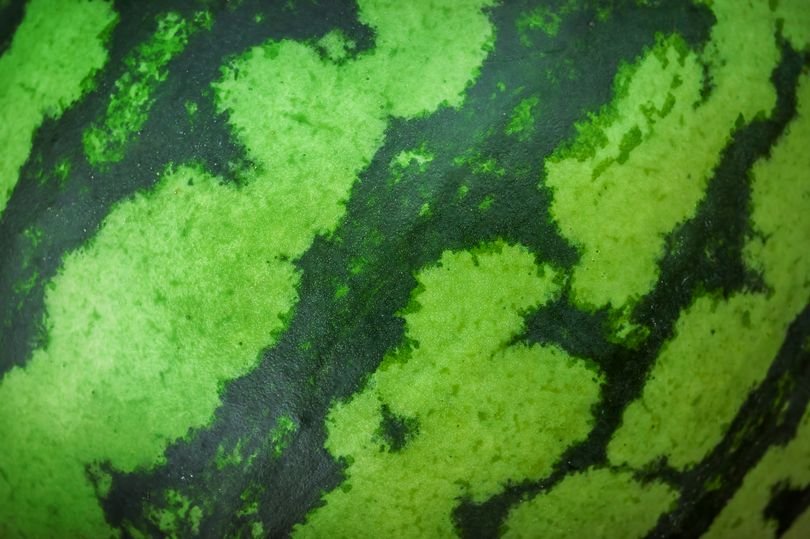Health experts say that the part of watermelon we throw away is actually the most nutritious, boosting immunity and lowering blood pressure. The rind of watermelon is tough, unappetizing and usually ends up in the trash, but people insist on eating only the flesh inside.
But according to HealthNews, the skin is rich in fiber, vitamins and minerals. It’s low in calories and contains compounds such as vitamin A, vitamin C, calcium, iron and magnesium. Experiments have shown that feeding dried skin to birds increases a chemical in their bodies that’s known to lower blood pressure.
They’re also high in fiber and contain antioxidants that are good for gut health and boost the immune system.
Nutritionist Kelsey Costa told Health News: “Watermelon flesh, rind and skin are all edible and contain beneficial nutrients. Watermelon rind contains many important nutrients that benefit gut and heart health. It also contains antioxidants and phenols, such as vitamin C, which help protect the immune system against viral and bacterial infections.”
To incorporate watermelon rind into your diet, you can blend it into smoothies, pickle it, saute it, buy it in powder form and add it to your meals, or chop it finely and add it to your salads for an extra crunch.
Watermelon rind contains vitamins A, B6, and C. It also contains potassium and zinc, which are essential for overall health. Watermelon rind contains citrulline, an amino acid that can improve blood circulation and heart health, as well as antioxidants that help neutralize free radicals in the body, which may lower the risk of chronic disease.
The fiber in the skin acts as a prebiotic, promoting the growth of beneficial bacteria in the gut, and watermelon rind’s high water content can help keep you hydrated, especially in hot weather.
The presence of citrulline and other compounds helps in reducing inflammation in the body. The potassium present in watermelon rind helps in managing blood pressure levels by counteracting the effects of sodium.
Vitamins A and C in the peel support healthy skin by promoting collagen production and protecting against skin damage.

